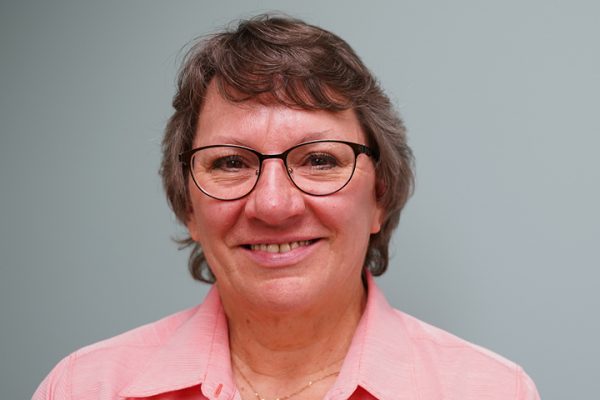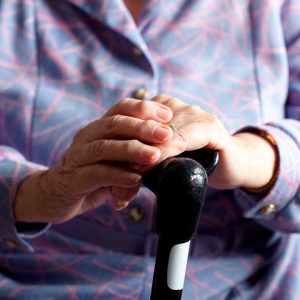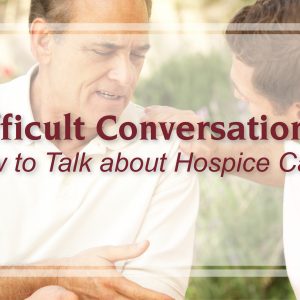 by Ruby Gramlow, RN
by Ruby Gramlow, RN
During my time as a hospice nurse, I’ve witnessed many of our patients take their last breaths. Many times, when someone is surrounded by those they love and their wishes are honored, there is a great sense of peace when they pass. It’s beautiful to witness.
I’ve also noticed similarities, from family to family, about to what people tend to talk about as they near end of life. While not all the conversations sound the same, many share a similar theme. If you listen closely, you’ll hear people talking about the gift of life and how precious life can be.
It’s human nature to believe we’ll always have more time. But a terminal diagnosis changes that. There are several meaningful ways for you to interact with the person who is dying. The exchanges may help both you and your loved one feel a sense of peace in an uncertain time.
1. Ask your loved one if he or she has anything they’d like to do or accomplish. Help your loved one accomplish any remaining wishes, if possible. Some people have a wish or goal they want to reach before death. For example, someone may wish to see a grandchild graduate or marry, or to see a family member who lives a great distance away.
2. Recognize and resolve conflicts. Sometimes families, or even close friends, have challenging dynamics that may cause emotional pain. Dr. Ira Byock, a hospice and palliative care physician and expert, wrote in his book “The Four Things that Matter Most” that there are four basic messages a person needs to communicate at the end of life. These little phrases can help achieve a sense of peace and closure:
– “I love you.”
– “Thank you.”
– “I forgive you.”
– “Please forgive me.”
3. Review a person’s life to find meaning. You can help your loved one recognize all the people they have loved and those who have loved them. Reflect on your loved one’s work and the contributions they made. This review helps the dying person convey what brought meaning to his or her life and can help them feel more at peace with their death.
4. Find out what’s truly important. What does the dying person really want? Discuss pain management and the different types of pain. We all think of physical pain, but some of the patients I have cared for also experience deep spiritual or emotional pain. Does the person want to be hospitalized and/or pursue aggressive treatments, or are they instead ready to focus on quality of life through palliative or hospice care? Help your loved one complete an advance directive that will document their wishes and preferences. If they become unable to speak for themselves, the remaining family will know exactly what they want.
5. Be mindful of your presence. You may want to be with your loved one as much as possible, but some people, as they near death, want solitude and time for reflection while others want all their family and friends around. Ask your loved one how often they want to be with people. It might feel difficult for you to honor their preferences, and not your own—especially if that means giving them space.
A good death is possible. I believe the final days of one’s life hold some of the best memories and can be fully lived.
For more information about how Hospice of the Red River Valley can help, contact us at (800) 237-4629 or questions@hrrv.org.
Ruby Gramlow is a registered nurse with Hospice of the Red River Valley.
About Hospice of the Red River Valley
In 1981, Hospice of the Red River Valley was founded on the belief that everyone deserves access to high-quality end-of-life care. We fulfill our nonprofit mission by providing medical, emotional, personal and spiritual care, as well as grief support to our patients, their families and caregivers during a tender time in life. Our staff helps those we serve experience more meaningful moments through exceptional hospice care, 24 hours a day, 365 days a year, wherever a patient calls home. The organization serves more than 40,000 square miles in North Dakota and Minnesota, including in and around Bismarck, Detroit Lakes, Devils Lake, Fargo, Fergus Falls, Grand Forks, Lisbon, Thief River Falls, Valley City and many more communities. Hospice of the Red River Valley offers round-the-clock availability via phone, prompt response times and same-day admissions, including evenings, weekends and holidays. Contact us anytime at 800-237-4629 or hrrv.org.




